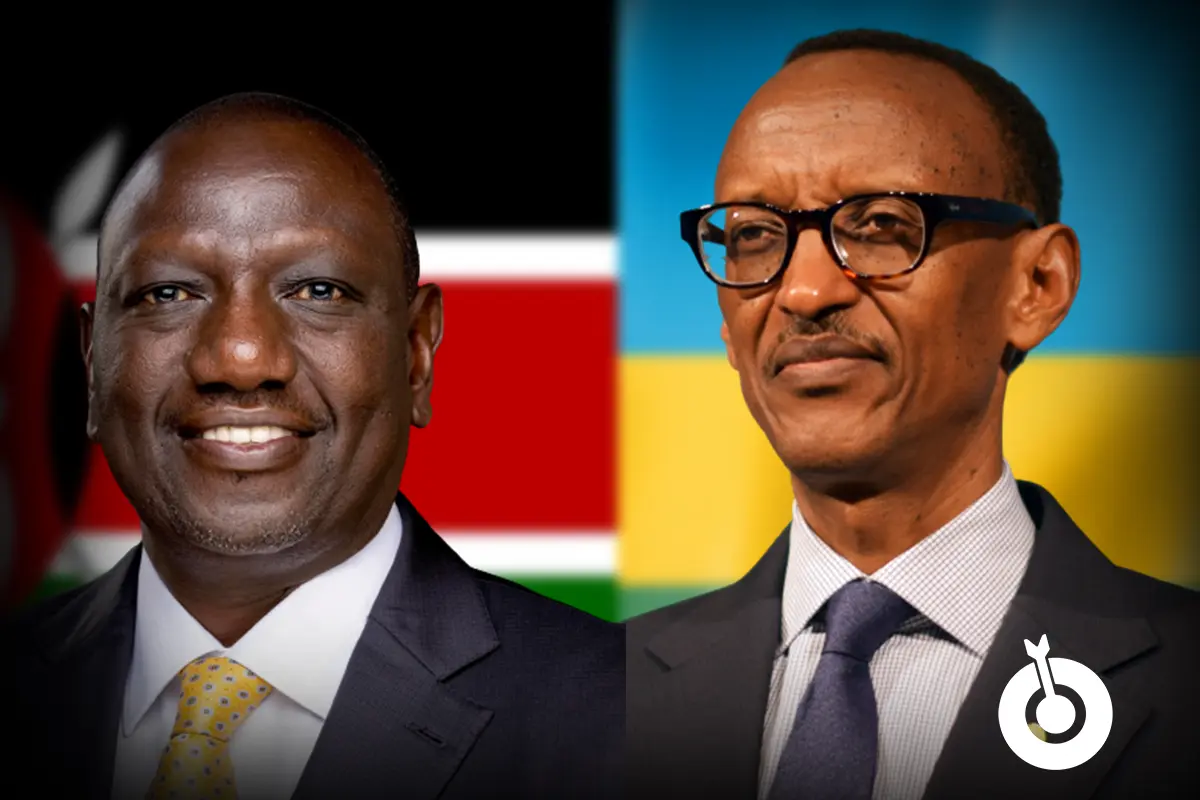In recent years, a significant shift has been witnessed in Africa’s tourism landscape, with several countries embracing visa-free entry for travelers. The move is transforming the continent’s tourism industry and fostering closer ties between nations. Let us explore how the growing trend of visa-free entry is contributing to the surge in intra-Africa tourism and its broader implications for trade, investment, and shared prosperity.
Visa-Free Travel In Africa
African nations are increasingly recognizing the potential of visa-free travel to stimulate tourism. In 2023, Rwanda and Kenya made headlines by completely removing visa requirements for all African travelers, following in the footsteps of Gambia, Benin, and Seychelles. This progressive approach highlights the importance of fostering regional integration and boosting intra-African travel.

By removing barriers, these countries aim to enhance cultural exchange, economic growth, and tourism opportunities across the continent. Recent projections indicate that Kenya’s ambitious move towards a visa-free regime is expected to double its annual tourism numbers. The country aims to attract 5 million arrivals, up from the previous 2 million, as a result of this policy change. Read Also: Tanzania’s Efforts to Build Climate Resilience.
The positive response to these initiatives extends beyond individual countries, as the African Development Bank’s 2023 Africa Visa Openness Index reports improvements in openness scores for 50 countries. Moreover, this signifies the collective effort towards promoting seamless travel within Africa and encouraging exploration of the diverse landscapes, rich cultural heritage, and vibrant communities the continent has to offer.
Benefits of Visa-Free Travel
The elimination of visa requirements is not just about making travel more convenient; it holds the potential for profound economic and social impacts. The ease of movement fosters seamless travel, enhances trade, encourages cross-border investment, and contributes to shared prosperity.
Marie-Laure Akin-Olugbade, the Group Vice President of the African Development Bank, emphasizes the importance of sustaining the momentum on visa liberalization to realize the vision of the ‘Africa We Want.’ This vision entails not only increased tourism but also strengthened economic ties and collaboration across the continent.
Regional Collaborations
The positive trend extends beyond individual nations, with regional blocs like the Southern Africa Development Co-operation and the East African Community witnessing improvements in visa openness. Countries such as Angola, Botswana, Namibia, and Zimbabwe have made significant strides in opening up their borders for travelers, facilitating greater integration within the regions. Read Also: 9 tips for investing in Africa.
Bilateral agreements between countries within these blocs further exemplify the commitment to visa-free travel. For instance, Angola expanded its visa-free regime, while Botswana and Namibia allowed citizens to cross borders using only a national identity card. Zimbabwe and Botswana signed an agreement enabling citizens to stay for up to 90 days each year without a passport, visa, or work permit.
Intra-Africa Tourism Statistics
The impact of these visa-free initiatives is already visible in the rising number of Africans traveling within the continent. Data from Kenya, South Africa, and Tanzania in 2023 indicates a significant increase in African nationals visiting neighboring countries compared to other regions. Kenya’s Tourism Research Institute shows that African nationals constituted 42.19% of visitors, surpassing those from Europe, North America, and Asia.
Tanzania’s National Bureau of Statistics reported substantial African arrivals, with Kenya leading the list, followed by Burundi, Zambia, Rwanda, and Uganda. South Africa also witnessed a notable trend, with tourists from the rest of Africa constituting 75.8% of all arrivals during the January to July 2023 period.

Tourism Growth Projections
The momentum in the tourism sector is expected to continue in 2024, as per the WTM Global Travel Report. Nine out of Africa’s ten largest domestic leisure travel markets are anticipated to experience increased travel spend compared to 2019. The report predicts robust demand for leisure travel, citing Egypt as the largest destination for inbound luxury travel receipts, followed by South Africa and Kenya.
Visa restrictions and economic consequences in Africa have been a topic of discussion. While the dream of visa-free travel in Africa is still being explored, there are potential benefits to implementing such policies. Visa-free travel between African countries is seen as vital for the continent’s economic and political development. It could foster inclusive growth and facilitate more effortless movement for tourists, contributing to the expansion of the tourism sector.
Bottom Line
The growing trend of African countries offering visa-free entry signifies a new era for the continent’s tourism industry. Beyond the convenience for travelers, these initiatives foster economic collaboration, regional integration, and shared prosperity. As more nations embrace this approach, Africa is poised to become a top destination for intra-Africa tourism, showcasing the diverse landscapes, cultures, and experiences the continent has to offer.



